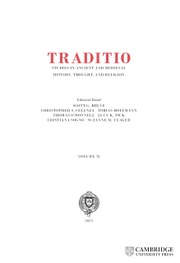The Formation of Papal Authority in Late Antique Italy
This book is the first cultural history of papal authority in late antiquity. While most traditional histories posit a “rise of the papacy” and examine popes as politicians, theologians, and civic leaders, Kristina Sessa focuses on the late Roman household and its critical role in the development of the Roman church from ca. 350–600. She argues that Rome's bishops adopted the ancient elite household as a model of good government for leading the church. Central to this phenomenon was the classical and biblical figure of the steward, the householder's appointed agent who oversaw his property and people. As stewards of God, Roman bishops endeavored to exercise moral and material influence within both the pope's own administration and the households of Italy's clergy and lay elites. This original and nuanced study charts their manifold interactions with late Roman households and shows how bishops used domestic knowledge as the basis for establishing their authority as Italy's singular religious leaders.
- The first cultural history of papacy and pope in late antiquity
- An original history of ancient Christianity and private life
- Provides a new interpretive paradigm for studying bishops and their authority in late antiquity
Reviews & endorsements
"The book is a significant contribution, and its invigorating thesis will help shape future discussion of a topic of central importance. --BMCR
Product details
July 2014Paperback
9781107423480
340 pages
229 × 152 × 19 mm
0.5kg
Available
Table of Contents
- Introduction: household management and the Bishop of Rome
- 1. The late Roman household in Italy
- 2. From dominion to dispensatio: stewardship as an elite ideal
- 3. Primus cultor: episcopal householding in theory and practice
- 4. Overseeing the overseer: bishops and the lay household
- 5. Cultivating the clerical household: marriage, property and inheritance
- 6. Mistrusting the bishop: succession, stewardship and sex in the Laurentian schism
- 7. The household and the bishop: authority, competition and cooperation in the gesta martyrum
- Conclusions.

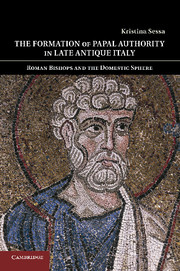
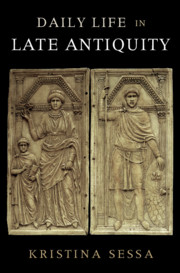
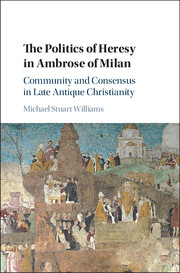
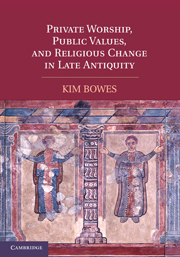
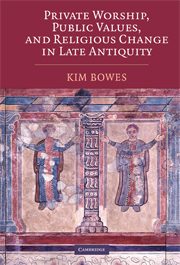


.jpg)
.jpg)
